Famous Discoveries


Famous Revolution
August 25, 2020

India Coins And Notes
August 26, 2020- Discovery is the act of detecting something new, or something previously unrecognized as meaningful.
- With reference to sciences and academic disciplines, discovery is the observation of new phenomena, new actions, and providing new reasoning to explain the knowledge gathered.
- A discovery may sometimes be based on earlier discoveries, collaborations, or ideas.
Here’s a look at some discoveries that have changed the world:
| Discovery | Information |
|---|---|
  |
1. Antibiotics are powerful drugs that kill dangerous bacteria in our bodies that make us sick. 2. In 1928, Alexander Fleming discovered the first antibiotic, penicillin, which he grew in his lab using mold and fungi. 3. Without antibiotics, infections like strep throat could be deadly. |
  |
1. One of the Greek scientists, Archimedes is believed to have designed one of the first water pumps, a rotating corkscrew that pushed water up a tube. 2. It transformed irrigation and remains in use today at many sewage-treatment plants. |
  |
1. It is a well-known story – Isaac Newton, famous English mathematician and physicist, discovered gravity after an apple fell on his head in 1664. 2. His discovery explained why things fall down and why the planets revolved around the Sun. |
  |
1. Discovered by the French scientist Louis Pasteur in the 1860’s. 2. Pasteurization is a heat-treatment process that destroys pathogenic microorganisms in certain foods and beverages such as wine, beer, and milk. 3. This discovery has had tremendous effects on public health. |
  |
1. On February 28, 1953, James Watson of the United States and Francis Crick of England made one of the greatest scientific discoveries in history. 2. The two scientists found the double-helix structure of DNA. 3. The discovery has helped doctors understand diseases and may someday prevent some illnesses like heart disease and cancer. |
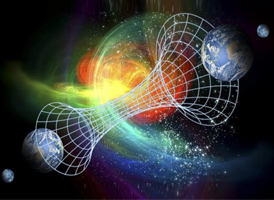  |
1. Danish physicist Niels Bohr won a 1922 Nobel Prize in Physics for his research on the structure of an atom and for his work in the development of the quantum theory. 2. Although he helps develop the atomic bomb, he frequently promoted the use of atomic power for peaceful purposes. |
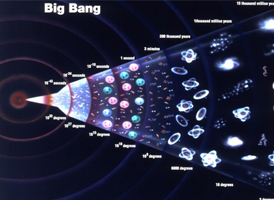  |
1. In 1927, Georges Lemaitre proposed the Big Bang theory of the universe. 2. The theory says that all the matter in the universe was originally compressed into a tiny dot. In a fraction of a second, the dot expanded, and all the matter instantly filled what is now our universe. 3. The event marked the beginning of time. |
  |
1. American surgeon Henry Bigelow established ether and chloroform as first general anesthetics, making painful surgeries much more bearable. |
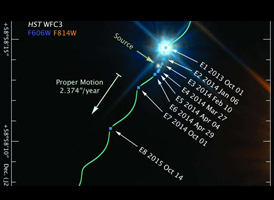  |
1. Albert Einstein’s theory of special relativity, which he published in 1905, explains the relationships between speed, time and distance. 2. This theory became the foundation for much of modern science. |
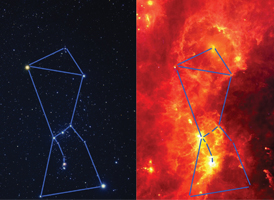  |
1. Infrared radiation was discovered by British astronomer William Herschel in 1800. 2. These days, infrared is used in many areas including tracking, heating, meteorology, astronomy etc. |
  |
1. The first papermaking process was documented in China during the Eastern Han period (25-220 AD), traditionally attributed to the court official Cai Lun. |
  |
1. On March 26, 1953, American medical researcher Jonas Salk announced that he had successfully tested a vaccine against poliomyelitis, the virus that causes the crippling disease of polio. |
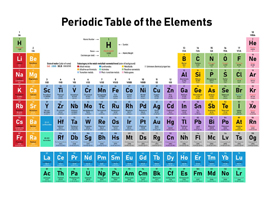  |
1. The Periodic Table is based on the 1869 Periodic Law proposed by Russian chemist Dmitry Mendeleev. 2. In 1913, Henry Moseley of England confirmed that the table could be made more accurate by arranging the elements by atomic number. |
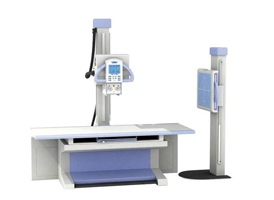  |
1. Wilhelm Roentgen, a German physicist, discovered X-rays in 1895. 2. X-rays go right through some substances, like flesh and wood, but are stopped by others, such as bones and lead. 3. This allows them to be used to see broken bones or explosives inside suitcases. |
Interesting Facts:
- Michael Faraday lacked in formal education he more than made up for with brilliant experimental techniques and revolutionary electromagnetism ideas.
- The husband and wife combination of Pierre & Marie Curie contributed much to science through both their own individual work and their combined research efforts in the field of radioactivity.
- British theoretical physicist Stephen Hawking is famous for his work on black holes. He also wrote books such as ‘A Brief History of Time’, enabling a wide audience to appreciate his ideas.
- Nikola Tesla contributed to physics and engineering with a range of futuristic inventions, dramatic demonstrations and the development of alternating current electricity.
- Leonardo da Vinci was more than just an incredible artist. Read about his studies of the human body, his fascination with flight and his many futuristic designs and sketches.





